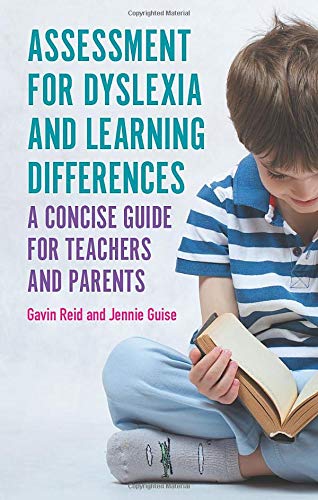What is dyslexia?
What are the signs of dyslexia?
People who are dyslexic process information differently. Sometimes, dyslexic people find that the skills of reading do not come easily to them and that they are not always able to express their thoughts in writing. It could be hard to find the right words or to structure information so that the reader can easily find the focus.
These kinds of difficulties can also extend beyond the skills of reading and writing. For example, a dyslexic person might find that he or she has problems in being organised, or in retaining information they have been told or they have read. They might find that they need more time than other people to carry out the same kinds of work. So, dyslexia can affect reading, writing, spelling, time management, memory and speed.
Dyslexia is often referred to as a ‘hidden’ difficulty. There are a number of reasons for this:
First of all, the person who is dyslexic has often managed to use strategies that help them to work just as well as – or better than – other people who are not dyslexic.
Second, dyslexia is not just about spelling. A person might have some of the other difficulties noted above (reading, time management, memory, speed) and this might not be recognised as dyslexia.
Third, sometimes people do not know themselves that they are dyslexic, so it can even be hidden from them.
At DysGuise, we believe it is important to remember that dyslexic people often have some very valuable strengths and skills. People who are dyslexic can be very resourceful – good at thinking of ways round difficulties and at thinking of new ways to do things. So, they can be very good problem-solvers. Their different way of processing can be refreshing and exciting.
What is dyscalculia?
Dyscalculia means difficulties relating to the ability to calculate, and it means that a person finds it hard to work with numbers. People who are dyscalculic might find it hard to recognise and understand number systems. They can find it difficult to apply number skills to solve problems, or to estimate. It is thought that only a very small proportion of people – possibly as few as one in 100 – are dyscalculic.
Sometimes, other difficulties such as dyslexia can have an effect on maths skills. For example, people who are dyslexic might find a long-worded problem is hard to follow. They might be able to do the calculation, but just can’t figure out what is required. People who have a weakness in working memory might find it hard to memorise and recall times tables, to remember maths facts, or to do mental arithmetic. So, there are people who are not dyscalculic, but who still have maths difficulties. These people would also need the appropriate support to help them to demonstrate their abilities.
What is dysgraphia?
Dysgraphia means difficulties with handwriting. The person who is dysgraphic sometimes finds that writing is not fluent, and does not come naturally. Their writing can then look quite awkward, and this can make it hard to read – so it can be difficult to appreciate the writer’s real level of ability.
What is dyspraxia?
The person who is dyspraxic finds it difficult to co-ordinate their movements. This can involve small movements, like the kind you need to write or type, or larger movements, like the kind you need to play some sports. Sometimes dyspraxia affects the person’s sense of their body so that their movements might not always seem fluent. Dyspraxia is sometimes also called ‘Developmental Co-ordination Disorder’ or DCD.

